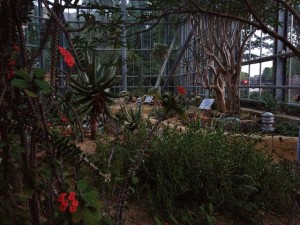 Vanish for a month or so from the online publishing world and some people might take notice. A few emails trickle in: “where’d you go?”, “what’s going on?”. 10 years of publishing something at least every week if not several times a week, brings some degree of expectation.
Vanish for a month or so from the online publishing world and some people might take notice. A few emails trickle in: “where’d you go?”, “what’s going on?”. 10 years of publishing something at least every week if not several times a week, brings some degree of expectation.
On the other hand, like so many things in life, it is great to break a tradition, strike up in a new direction, or simply defy expectations. Go left when they expect you to go right. – In my case, live more offline than I have in a decade; become a better cook, a dedicated partner, study the ukelele, get more into yoga, push the ultimate frisbee skills to a new level. And while all that was going on, on the heels of my successful crowd funding project, the reality set in of needing to raise funds in order to live and have some kind of a future.
That is when a whole other kind of adventure appeared, a regular teaching gig, a 15 minute bike ride from home. A far different scene than the scorching hot classrooms of Jalalabad, Afghanistan or the brief-but-exciting classrooms of Brooklyn College, I found myself with the task of teaching 100 or so, mostly Dutch, second year college students who are not pursing journalism, politics, or any of the humanities my work has so often been connected to. “A challenge” is what teachers typically call a really tough audience that may not always want to hear what you’re trying to show them and on the same hand demand you show up class after class after class with an interesting presentation to keep them thinking (or from falling asleep). A challenge is definitely what I was confronted with these past months. An interesting challenge that also leads me to see both myself and the world from another new angle. Although I’m still a traveller at heart, it was a reminder that new ideas and insight can sometimes be found very close to home.
Like journalism, school is a special kind of institution with a kind of public responsibility. Yet somehow, like journalism, school has become a big business, suffering from all the drawbacks that business entails (sure a few benefits too). Attracting and keeping an audience, dealing with limit budgets, following rules yet trying to be flexible; unfortunately journalism and education face many common realities. Perhaps that is the reason an education job, to me, doesn’t feel like a far stretch from the media world. It is all connected. As Zenobia Dawson once said to her teachers in “The Wire”, “We’ve got our thing, but it’s just part of the big thing.” – Indeed.
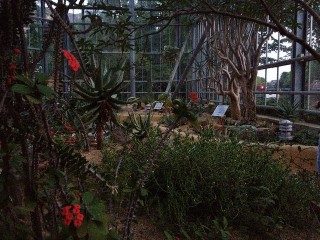
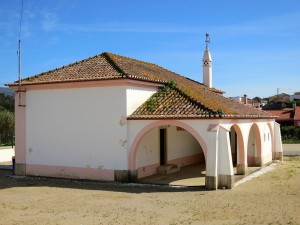
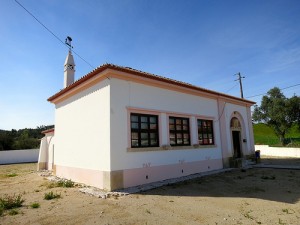
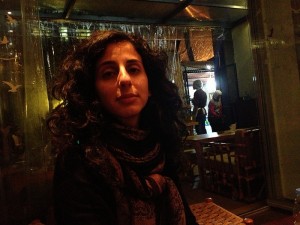
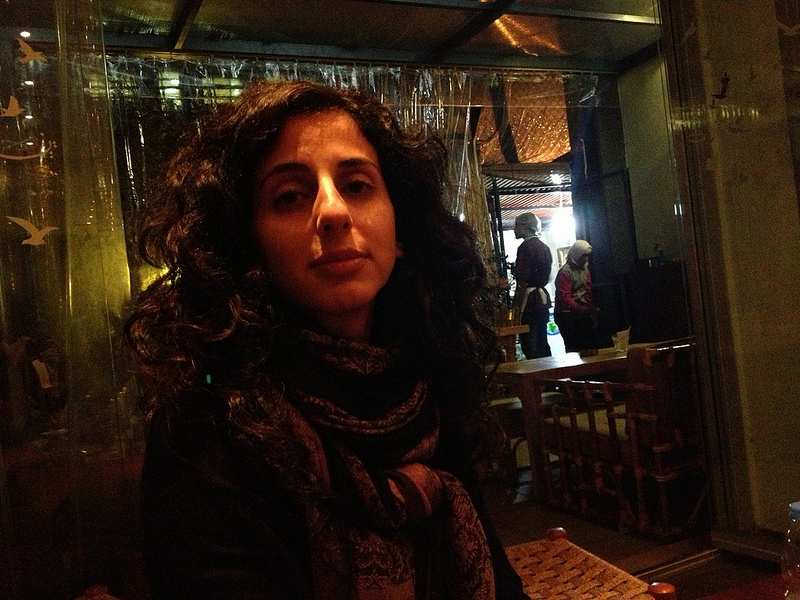
 It is a formula that we decided decades ago makes sense and should therefore work. It is a recipe that for many people in the past decades, has worked to provide a decent life and what people often refer to as security as they look to the future. – You go to school, you do your training, and when you’re finished there will be a job for you somewhere, and it will be a job you want.
It is a formula that we decided decades ago makes sense and should therefore work. It is a recipe that for many people in the past decades, has worked to provide a decent life and what people often refer to as security as they look to the future. – You go to school, you do your training, and when you’re finished there will be a job for you somewhere, and it will be a job you want.
